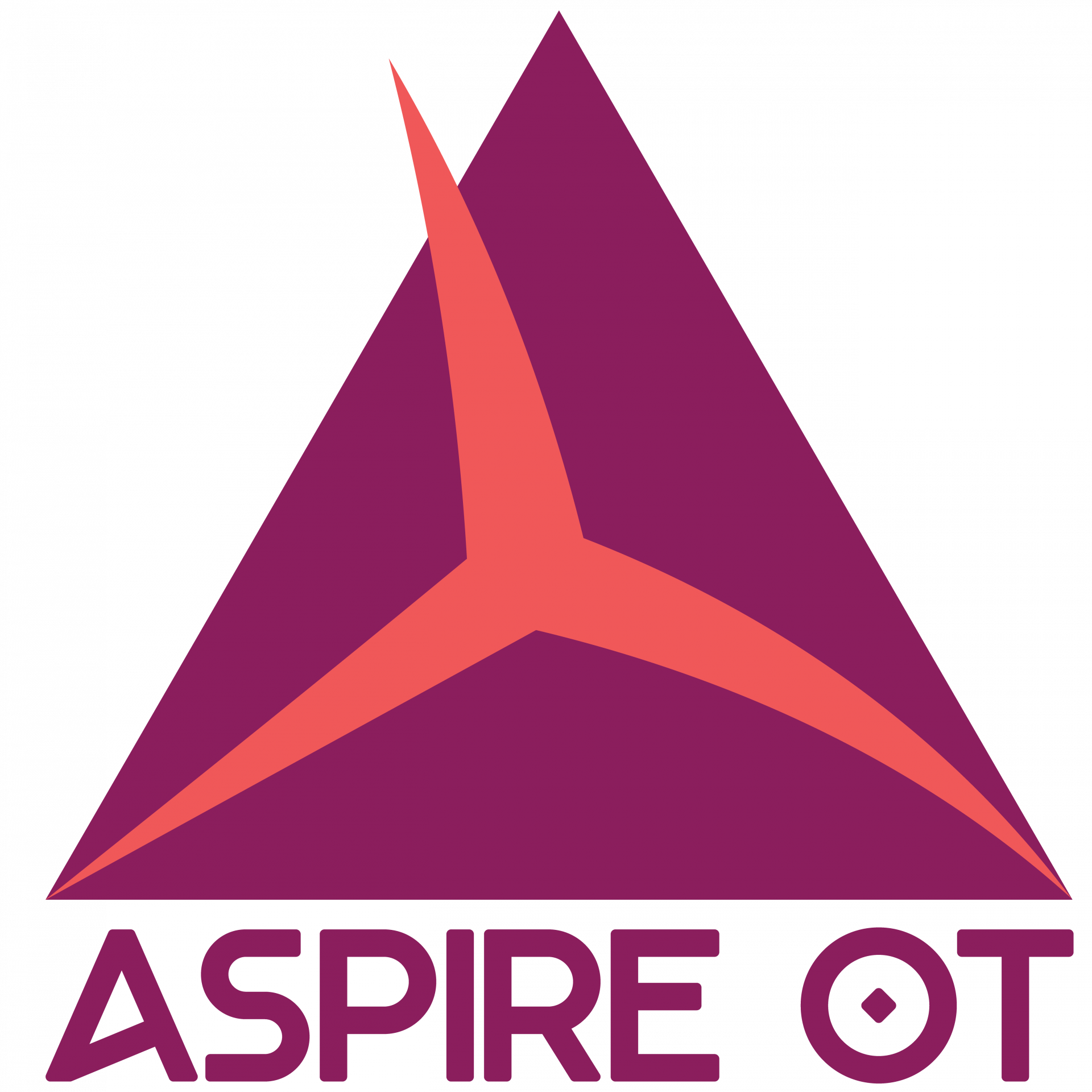Continuing Education for Arizona Practitioners

Evidence-based Continuing Education designed to meet your needs, budget, and schedule.
General Practice
Get the Facts about Capstone Projects
2 contact hours
Occupation-Based Practice: What Does it Really Mean?
1 contact hour
Pediatric
Functional Telehealth Interventions
1 contact hour
Adapted Worksheets: You Can Do It!
1.25 contact hours
Emerging Niche Opportunity for Children and Youth in Home Modifications
1.5 contact hours
Pediatric Complex Care Interprofessional Program: An International Experience in Hamad Medical Corporation, Doha, Qatar
1 contact hour
Sensory Integration in Aquatic Therapy: A New Approach in Hospice and Palliative Pediatric Care
1 contact hour
Addressing the Needs of Children with a History of Abuse
1 contact hour
Adult
OTs and Cognition: Are We Limiting Our Scope of Practice?
1 contact hour
Workplace Ergonomics and Occupational Therapy
1 contact hour
The Occupation of Worry
1 contact hour

Affordable CEs made just for YOU, the OT practitioner
